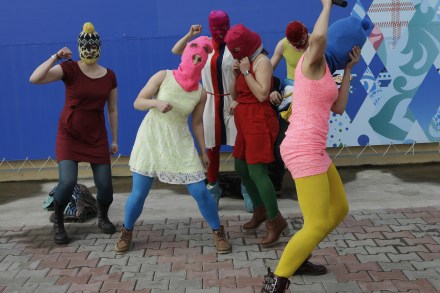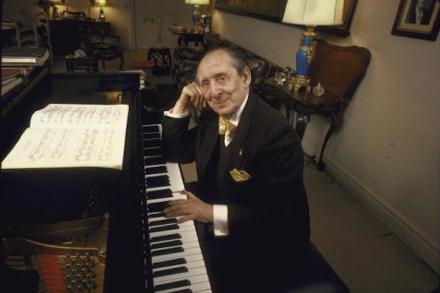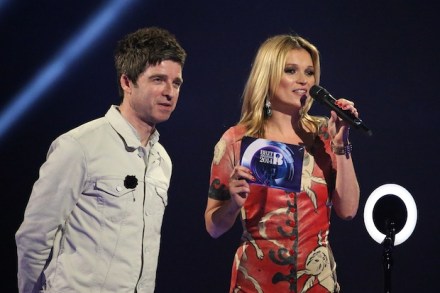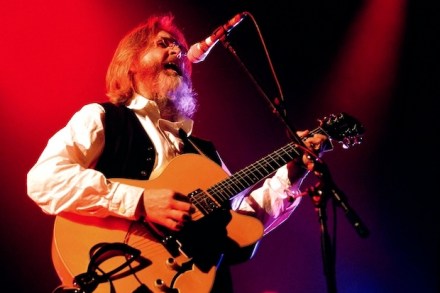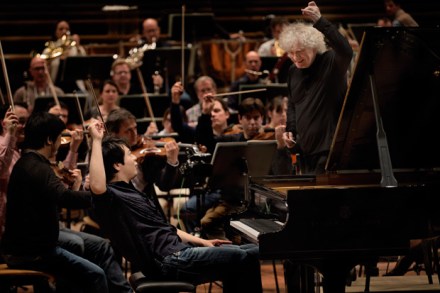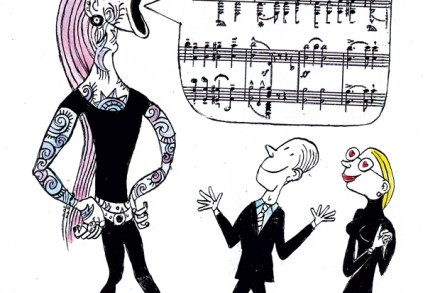Less subsidy means better music
One of the unlooked-for side effects of the financial crisis has been what might be called the desocialising of music funding. Whereas once many arts organisations could expect to survive solely on public money, just recently there has been an almost unseemly rush to tap private sources of cash. The time lag between the original catastrophe and the realisation that oblivion may be just round the corner is probably explained by the disinclination of politicians to dump high-profile organisations overnight. But now, finally, there is no escape. Philanthropists the world over are besieged. This would make such a lovely subject for a university student in the US, on one of





